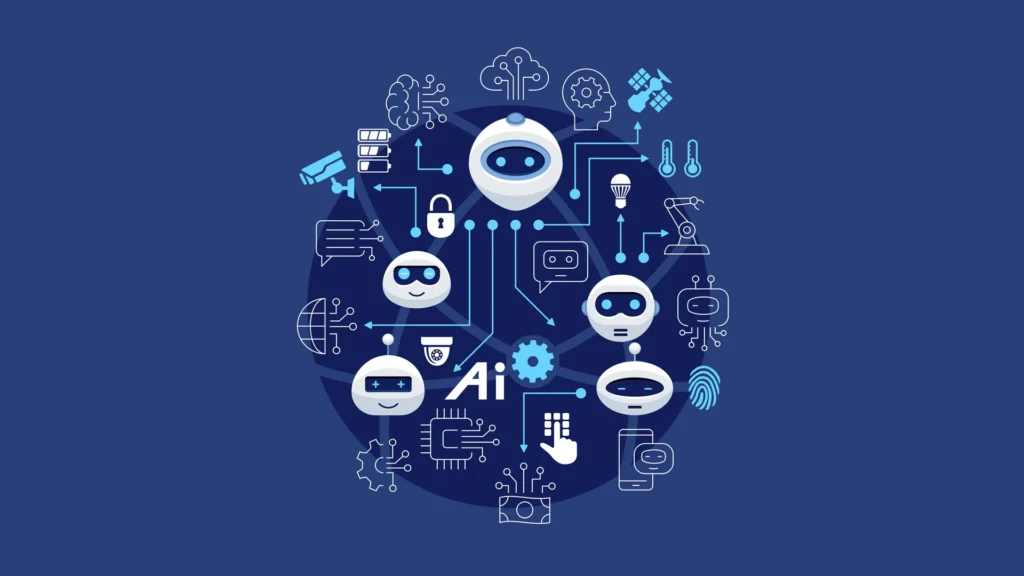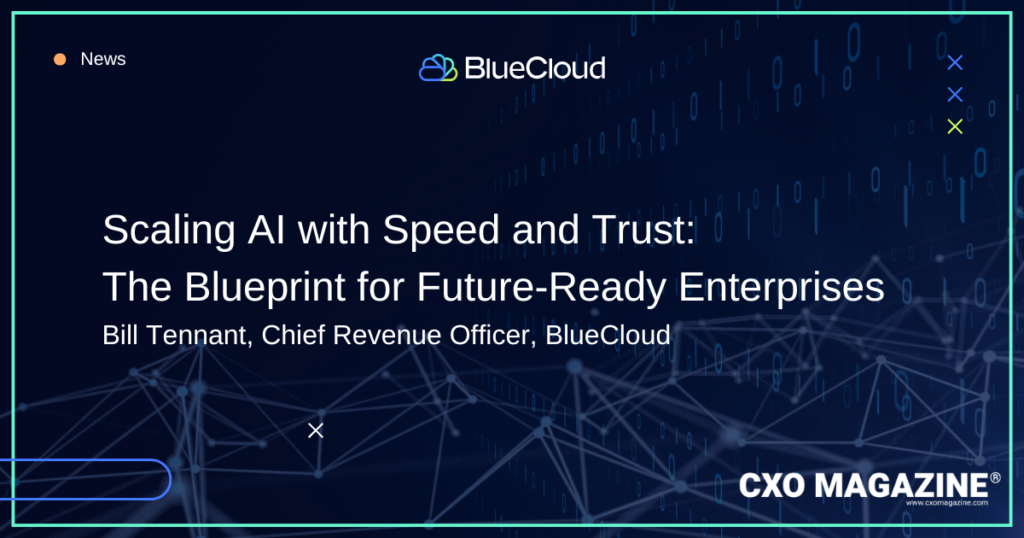In today’s fast-moving digital world, Artificial Intelligence (AI) is no longer just a tech buzzword. It has become a powerful tool for businesses to solve problems, make better decisions, and grow faster. But while many companies start experimenting with AI, only a few succeed in scaling AI for true business transformation.
So, what’s the secret? This article will break down the blueprint to scaling AI for business transformation in simple, clear steps that every business leader and tech team can follow.
1. Start With a Clear Vision to Scale AI for Business Transformation
Before jumping into AI, companies need to ask:
“What business problem are we trying to solve?”
The best AI transformations start with a goal—not just technology. This means aligning AI with core business objectives like:
- Improving customer service
- Increasing operational efficiency
- Enhancing product recommendations
- Automating repetitive tasks
Without a clear goal, AI efforts can feel confusing or disconnected.
2. Build a Strong Data Foundation
AI runs on data. To scale AI, you need clean, connected, and reliable data across departments.
Key actions include:
- Creating a centralized data warehouse or data lake
- Ensuring high-quality, labeled data for training AI models
- Managing data privacy and compliance with laws like GDPR
Good data fuels smart AI decisions. Without it, even the best models won’t perform well.
3. Pick the Right Use Cases First
One of the biggest mistakes companies make is starting with complex AI use cases. The better approach?
Start small, show value, and scale fast.
Look for AI opportunities that are:
- High-impact but low-risk
- Easy to measure
- Aligned with team workflows
Examples include:
- Chatbots for customer support
- AI-powered sales forecasting
- Fraud detection in transactions
These smaller wins build trust across the company and help secure further investment.
4. Assemble the Right Talent and Tools

You can’t scale AI without the right team. Success comes from combining technical experts with business minds.
An ideal AI team may include:
- Data scientists and machine learning engineers
- Business analysts
- AI product managers
- Cloud infrastructure specialists
In addition to talent, invest in powerful tools such as:
- Cloud platforms like AWS, Azure, or Google Cloud
- Open-source AI frameworks like TensorFlow or PyTorch
- AI-as-a-Service tools for faster deployment
The right mix of people and tools makes AI rollouts smoother and more effective.
5. Focus on Change Management
Even the smartest AI tool won’t work if people don’t use it. Scaling AI is as much about people as it is about machines.
Companies need to:
- Train teams on how to work with AI
- Address fears about job losses or automation
- Create a culture of innovation and learning
Involve employees early in the process. When they see how AI can help them—not replace them—they become part of the transformation journey.
6. Measure Impact and Adjust
AI is not a “set-it-and-forget-it” solution. Successful scaling involves continuous monitoring and improvement.
Track metrics like:
- ROI (Return on Investment)
- Accuracy of AI predictions
- Productivity improvement
- Customer satisfaction scores
These insights will help you improve models, adjust strategies, and scale up across more departments.

7. Ensure Scalability and Governance
Once your early projects succeed, it’s time to scale. That means building systems that can handle growth, expansion, and compliance.
Key focus areas:
- Standardizing AI development across teams
- Creating clear governance policies
- Managing ethical AI usage
- Ensuring scalability through cloud-based platforms
Governance is especially important to maintain transparency, fairness, and security.
8. Plan for Long-Term AI Maturity
True business transformation happens when AI is part of everyday business—not just a separate project.
This means:
- Embedding AI into company strategy
- Innovating with AI in new product development
- Empowering teams to build and use their own AI tools
As AI becomes part of your company’s DNA, you’ll move from just “doing AI” to truly “being an AI-driven business.”
Final Thoughts: The Future of AI in Business
Scaling AI for business transformation is not just about having the latest technology. It’s about having a roadmap—a clear plan that connects vision, data, talent, and tools.
Companies that follow this blueprint will not only solve today’s challenges but also shape the future. They’ll be faster, smarter, and more competitive in the age of AI.
If your business is ready to take the next step, now is the time to think beyond AI pilots and build systems that scale—with purpose, impact, and clarity.
Read more – Spain Blocks BBVA and Sabadell Merger for Up to Five Years.






